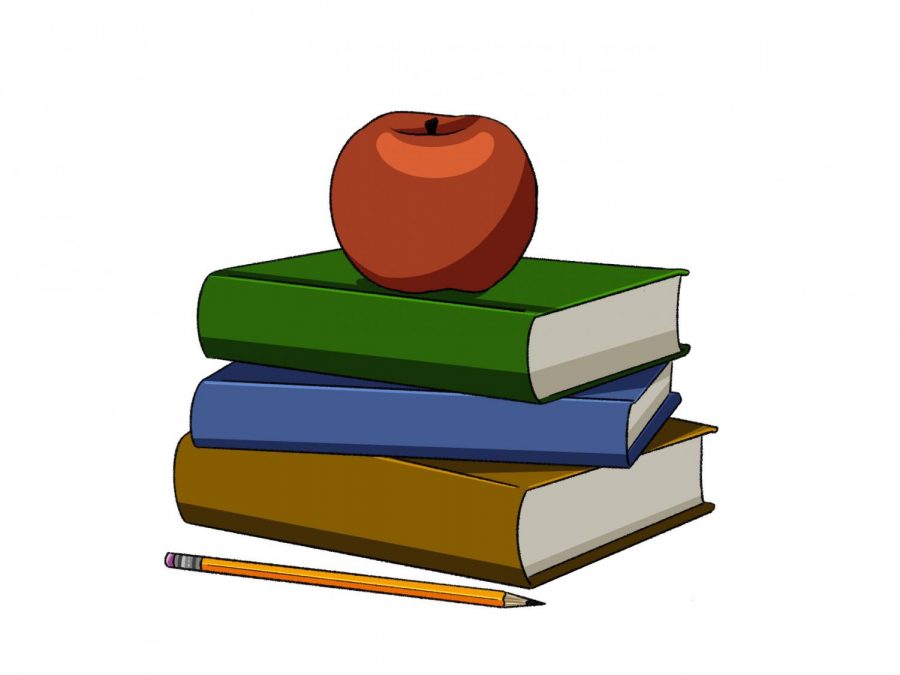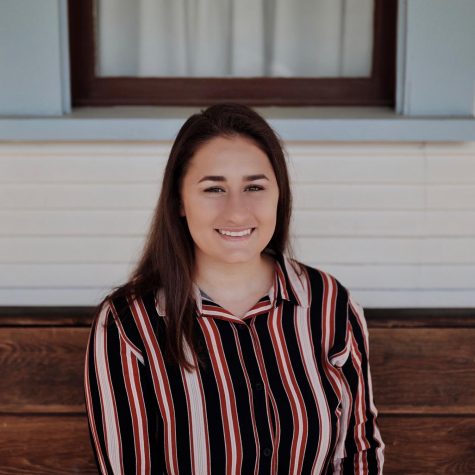I was once told by my high school math teacher that I would always be a C-student.
Growing up in the American education system, this feedback was not entirely dissimilar from other situations I experienced throughout my schooling.
The first public school in the United States was established in 1635 and is known as the Boston Latin School. Unfortunately, not much has changed since the grand opening besides girls as well as students of color are now able to learn in the same room as their white male counterparts.
While little significant change was made to the system in general, there have been numerous attempts to redefine teaching throughout my educational experience — the most profound being, Integrated Studies.
Overnight, my class was the guinea pig for this newfound discipline. We were tasked with relearning our process of learning since we first started school. Instead of implementing this at a young age and giving students the tools they need to thrive, we were thrown in too late in the game.
Today, we look at underperforming students from a lower socioeconomic status and label this disconnect as the “achievement gap” when in fact, it is an “opportunity gap.”
This gap only became more profound with the learning transition and I never understood why until recently. Throughout my educational experience, I was fortunate enough to be provided with private tutoring in subjects I struggled with like summer learning programs, SAT preparation classes and individual college counseling.
Having access to these resources is a privilege not available to all students within our education system. This gap deepens every passing summer due to a percentage of kids not having access to learning resources so they can continue to progress, instead of regress while school is not in session.
Not every kid has the luxury of attending summer camp. Some individuals need to help bring in money for their family or take care of loved ones instead of doing things to further their education. This difference is not accounted for or addressed when students return to school after two months off.
In 2001, President George W. Bush passed the No Child Left Behind Act, consisting of a variety of tests students had to take on a yearly basis on top of all the tests they have for actual classes. This act penalized schools for failing to hit the designated mark, impacting teachers and students nationwide.
Teachers were tasked with allocating the majority of class time to math and reading due to the amount of testing in the new accountability system. Experts found a moderate increase in academic anxiety according to Sage Journals (between 0.08 and 0.14 standard deviations) which is the opposite of what growing children need going forward.
I know for a fact these high-stake tests had a profound impact on my existing anxiety levels. Teachers and schools, by large, do not account for the basic needs of growing kids. Instead, we are taught that a grade on a test or in a class defines our intelligence.
I briefly switched from a public to a charter school for fifth and sixth grade where I had the opportunity to learn how to speak publicly and learn another language. I was a ten-year-old delivering a five-minute speech in front of my whole class.
This is where I discovered my innate talent for writing and public speaking.
If I stayed in the public school system, I would have never had the opportunity to develop these areas and come to the realization that everyone has special gifts worthy of celebrating.
Instead, throughout my schooling, I was made to feel incompetent in math class when in reality, this area wasn’t one of my strengths and I grew up wholeheartedly believing I wouldn’t be as successful as the other students who are gifted in this area.
To my surprise, I earned an A in my college statistics course proving that I am capable of excelling academically even though I barely passed my high school AP statistics class.
This only furthers the argument of the “opportunity gap.” Kids grow up under the impression that the grade they see on their report card at the end of the semester is a direct reflection of their future abilities.
In reality, they haven’t had the chance or proper mentoring to adequately develop their unique skill set.
I will not be required to do long division or factoring in my future occupation and neither will a large percentage of the American population. My hope going forward is that teachers assist struggling students with the absence of judgment and put them, not the curriculum, first.
Megan Nimtz is a junior studying communication, marketing and public relations.








